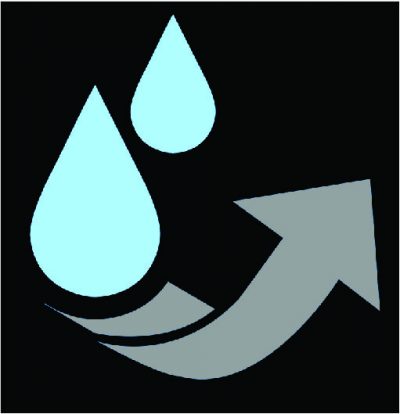The 2019 North Carolina Water and Wastewater Rates Dashboard was deployed just over a month ago, marking another year in a long partnership between the Environmental Finance Center at UNC-Chapel Hill, the North Carolina League of Municipalities, and the North Carolina Division of Water Infrastructure. One of the benefits of such a long and successful partnership is the wealth of historic rates data.
The Rates Dashboard provides an up-to-date look at rates and financial sustainability indicators for utilities around the state, but it is merely a snapshot. By looking at trends in rates and demographic factors, such as income, the numbers and changes start to tell a story. A trends analysis was produced for a recent course on Water and Wastewater Finance at the UNC School of Government, looking at rates from 2009-2018, EPA SDWIS Service Population data from 2009-2018, and income, from US Census American Community Surveys, from 2007-2017. The figures below are adapted from that analysis. The analysis is restricted to utilities that have participated across all years and availability of data. By looking at the overall trend rather than the specific values, the resulting patterns can provide considerations for utilities across the state. Continue reading






